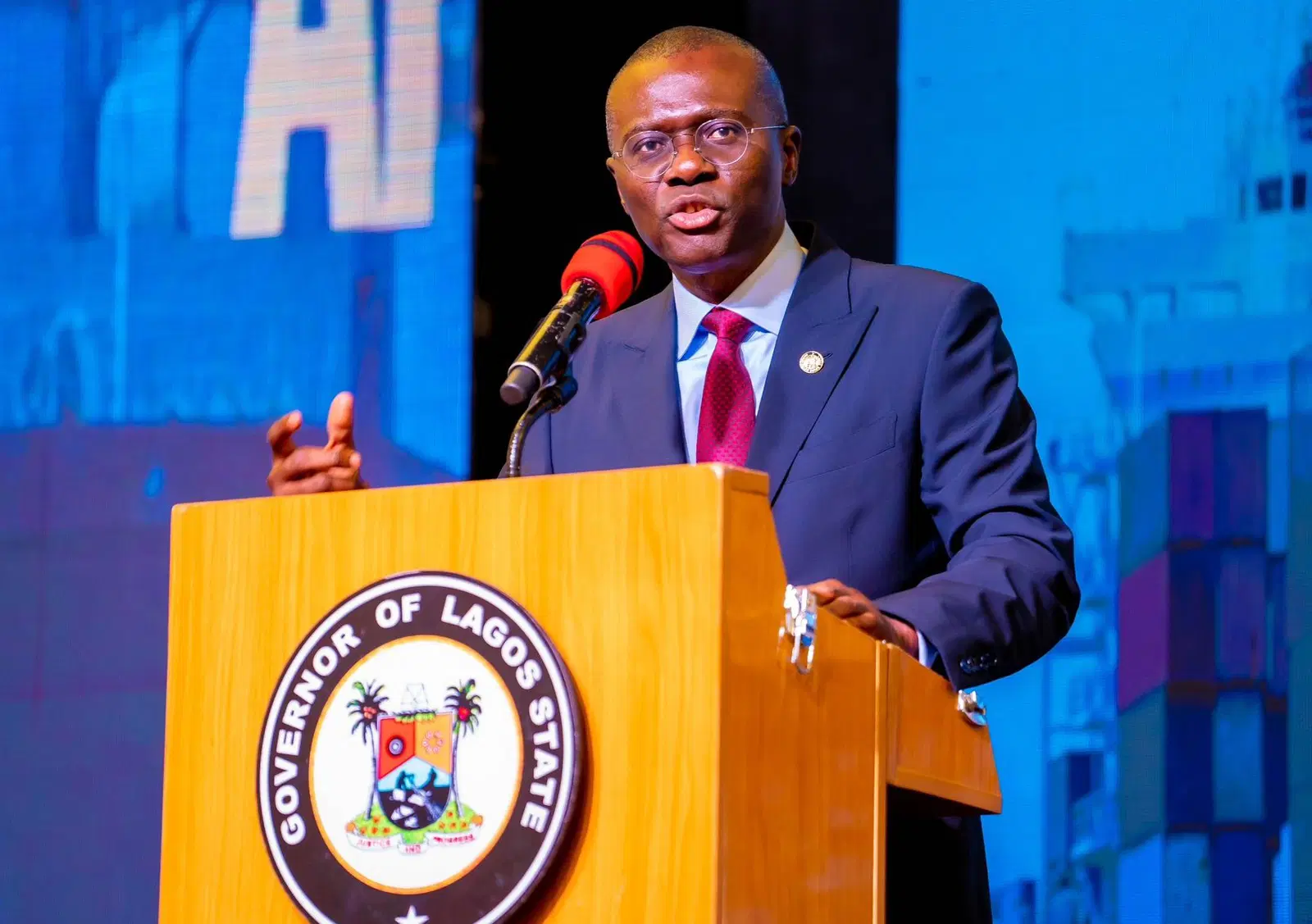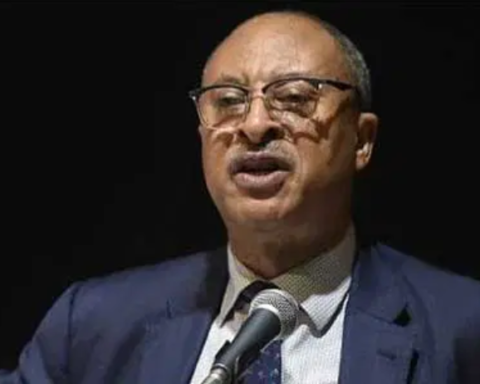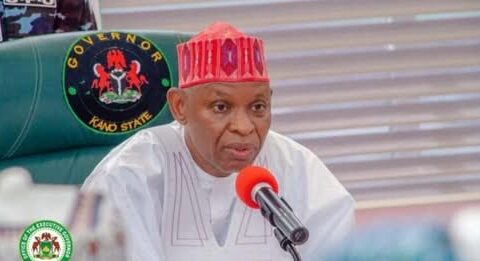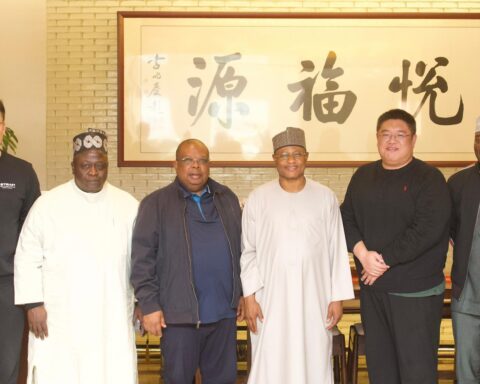Lagos State Governor Babajide Sanwo-Olu has launched a transformative ₦500 billion Produce for Lagos Offtake Guarantee Fund, a landmark initiative aimed at ensuring food security, stabilising prices, and boosting agricultural production across Nigeria. The programme, unveiled on Wednesday at Lagos House in Ikeja, marks a significant step towards creating a resilient and sustainable food ecosystem for Lagos, Nigeria’s economic powerhouse, and the wider nation.
The ambitious scheme, described by Sanwo-Olu as a “watershed moment,” seeks to address vulnerabilities exposed by global supply chain disruptions, climate change, and the economic fallout from COVID-19. By providing guaranteed offtake contracts, financing access, and logistics support, the fund aims to connect farmers and producers directly with Lagos’s dynamic food market, which consumes over 50% of the Southwest region’s food trade. The initiative is expected to reduce post-harvest losses by 40%, create four million jobs nationwide, and cut Nigeria’s food imports by more than 60%, while driving a 25% annual reduction in food prices and inflation.
A key highlight of the launch was a ₦25 billion pledge from Tony Elumelu, Chairman of Heirs Holdings and the Elumelu Foundation, underscoring strong private sector backing for the initiative. Sanwo-Olu emphasised that the fund is not a subsidy but an investment vehicle designed to catalyse private capital, stabilise food prices, and de-risk agricultural operations. “This is about creating a new agricultural ecosystem that meets the demands of today and tomorrow, combining policy, financing, infrastructure, and data,” he stated.
The programme, executed through the Lagos Food Systems Infrastructure Company (LAFSINCO) and supported by entities like the Lagos Bulk Trading Company and Ekolog, includes the deployment of 21 EKOLOG trucks to enhance food logistics and distribution. Sanwo-Olu also highlighted that the state has secured over ₦100 billion in capital commitments, reflecting widespread confidence in the initiative.
Commissioner for Agriculture and Food Systems, Abisola Olusanya, described the programme as a “bold, history-shaping intervention” that rewires Nigeria’s food chain by reconnecting rural production with urban demand. “Produce for Lagos is not just a policy but a promise,” she said. “Lagos, Africa’s largest urban consumer base, will no longer be fed by chance but through coordination, commitment, and shared responsibility.” Olusanya urged sister states to join the effort, assuring them, “If you grow it, Lagos will take it, with dignity, structure, and guaranteed offtake.”
The launch attracted governors from Ogun, Niger, Kogi, Taraba, and Ondo, alongside federal ministers, industry leaders, and traditional rulers, reflecting the programme’s regional and national significance. Governors Dapo Abiodun, Mohammed Bago, Ahmed Ododo, and Agbu Kefas, among others, expressed support for the initiative, which aligns with President Bola Ahmed Tinubu’s Renewed Hope Agenda for food security.
Sanwo-Olu called on stakeholders, including financial institutions, development organisations, and other states, to collaborate in building a sustainable food future for Nigeria. With Lagos’s population projected to reach 34 million by 2030, driving an annual food demand of ₦7.96 trillion, the initiative aims to bridge the gap by boosting local production to meet 40% of the state’s food requirements by 2025.
The Produce for Lagos programme builds on earlier efforts, such as the ₦750 million Lagos Market Trader Money scheme, which supported 15,000 traders with ₦50,000 grants, and the establishment of a Fresh Food Agro-Hub in Mushin to reduce post-harvest losses. These interventions reflect Lagos’s ongoing commitment to transforming its food system, reducing waste, and empowering stakeholders across the agricultural value chain.
As Nigeria grapples with food inflation and supply chain challenges, the ₦500 billion fund represents a bold step towards food sovereignty, economic resilience, and inclusive prosperity. With private sector support and inter-state collaboration, Lagos is positioning itself as a leader in redefining Nigeria’s agricultural landscape.



























